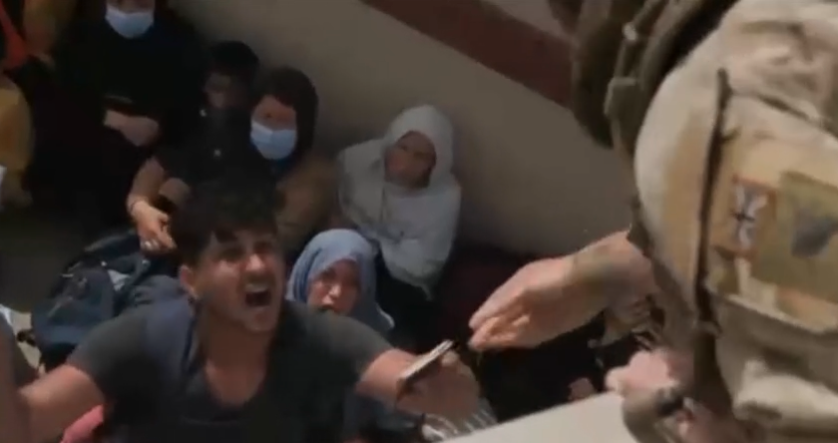SAN DIEGO (KGTV) — President Donald Trump has cut federal funding that helps Afghan wartime allies resettle in the United States.
Funding for programs like Enduring Welcome and Temporary Protected Status (TPS) will expire in September.
Thousands of Afghan wartime allies assisted American forces during the war in Afghanistan with crucial support. The decision affects interpreters, cultural advisors, and others who fought alongside U.S. troops because they were promised special visas and the ability to resettle their families in America in exchange for their service.
Programs like Operation Enduring Freedom and Temporary Protected Status (TPS) were designed to protect Afghan allies from Taliban retaliation, as the group considers them traitors.
Representative Scott Peters said the funding cuts send the wrong message to potential allies.
"It says that the United States is not a reliable and trustworthy partner," Peters said. "Why would populations help us next time we need aid abroad if this is how we treat them afterward?"
Peters added that Afghan allies demonstrated the courage America values.
"Anyone with the bravery to stand up to the Taliban is exactly the kind of person we would want in America," Peters said.
Shawn VanDiver, founder and president of #AfghanEvac, a San Diego-based nonprofit helping Afghan wartime allies resettle in the U.S., described the personal bonds formed during the conflict.
"These are people who stood beside us, who saved our lives, who we became like family with," VanDiver said.
With current funding expected to expire in September, VanDiver and Peters are pushing for passage of the Enduring Welcome Act.
Peters also co-sponsored the bill, which was introduced in August. It could expedite the process of helping thousands of Afghans still in the country.
According to Peters, 60,000 Afghans remain in Afghanistan awaiting approval of refugee status, while more than 170,000 are awaiting special immigrant visas.
"Once in the US, Operation Enduring Welcome has been critical to supporting their successful resettlement," Peters said.
President Trump has stated the White House will help Afghan allies but believes the current system isn't working effectively.
Immigration attorney Mihan Raufy with Afghan Family Services emphasized the urgency for Afghan women and girls.
"It is very scary for Afghan girls to be sent back because they're going to be stripped away of their essential rights, rights that we have in America, school and jobs, and they're going to be under the Taliban regime," Raufy said.




